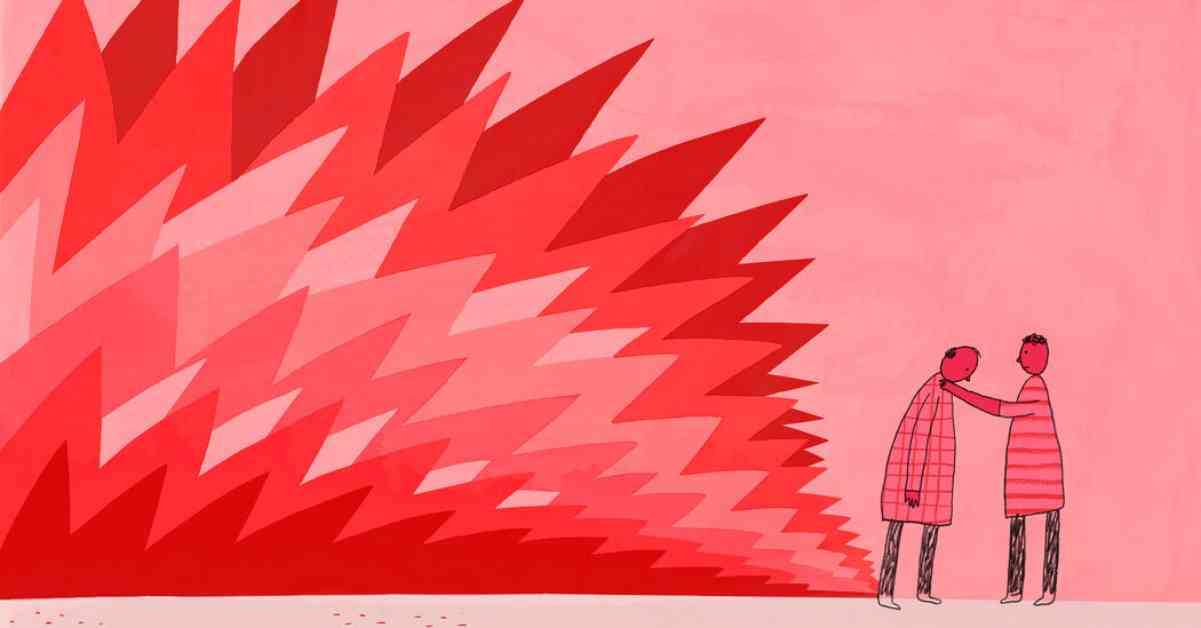Growing up, I was surrounded by anger. My father’s time in Vietnam had turned him into a bitter man. So, we decided to go back there together. My mother would often get angry at my father, my brother was upset about our parents’ divorce and my presence after being an only child for six years, and my father, a Vietnam veteran, would often lash out at any of us.
His anger would come in the form of shouts and screams, triggered by the smallest things. It could explode when my brother refused to drink milk at dinner or when I wasn’t ready to be picked up at my mother’s house. Once, he even flew into a rage because my brother and I found his pronunciation of “subwoofer” funny.
But driving was what would set him off the quickest. If another driver cut us off or forgot to use their turn signals, I would brace myself for what was to come next: a torrent of rage, words that I was too young to understand, strings of creative curses that could only have originated in the minds of men whose perception of the world had been fundamentally altered.
I don’t remember when I first heard about post-traumatic stress disorder, but as I grew up, I never associated Vietnam with trauma. To me, Vietnam was an exotic place where my father had spent some time, learned a new language, tried “pho” and “mi tom thit”, his favorite egg noodle soup.
We spent countless weekends eating that together at our favorite restaurant, where my father would tell me stories from the war. But they were funny and innocent stories: my father messing up drills in basic training, playing with phosphorus grenades, or sneaking off to watch Bob Hope perform. He didn’t talk about how he had handled a machine gun during the Tet Offensive or how he had been evacuated from the country on a boat full of refugees under a hail of gunfire and rockets.










